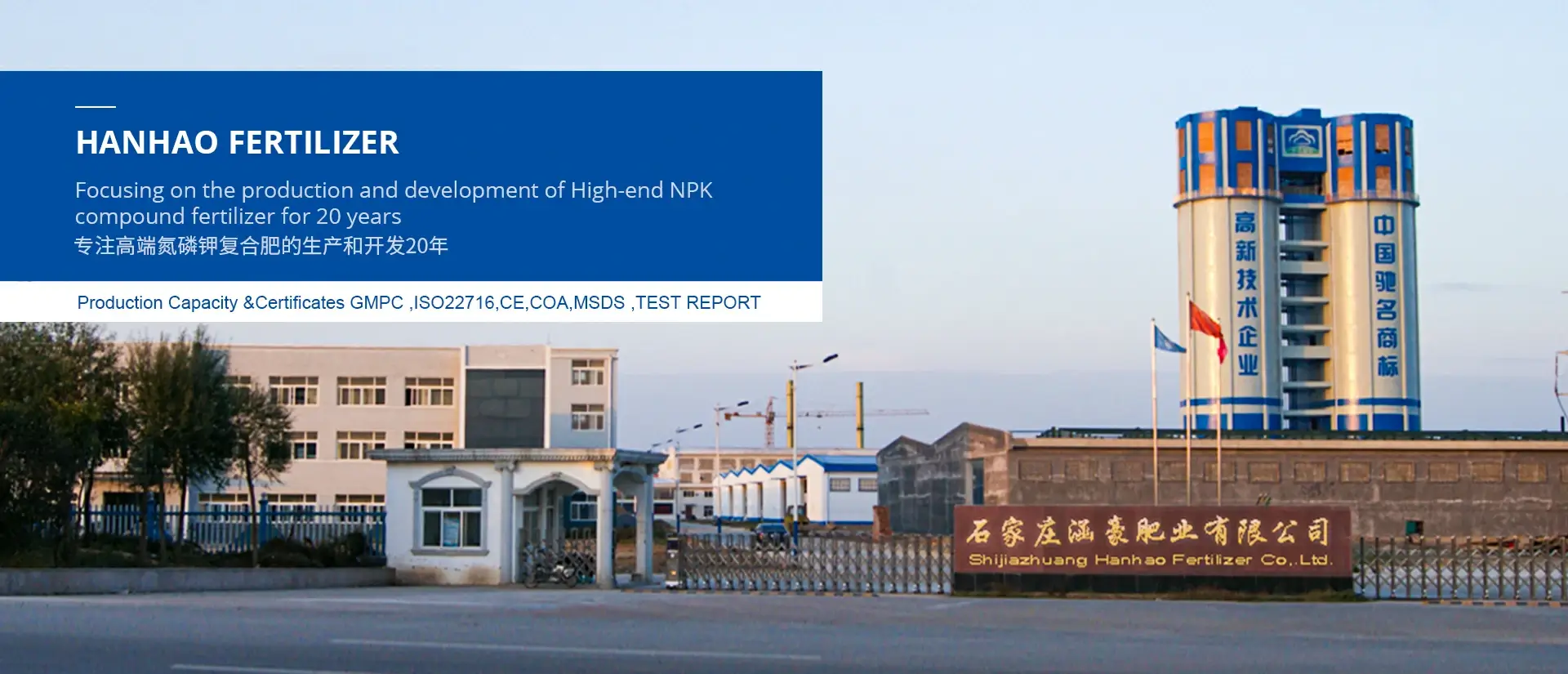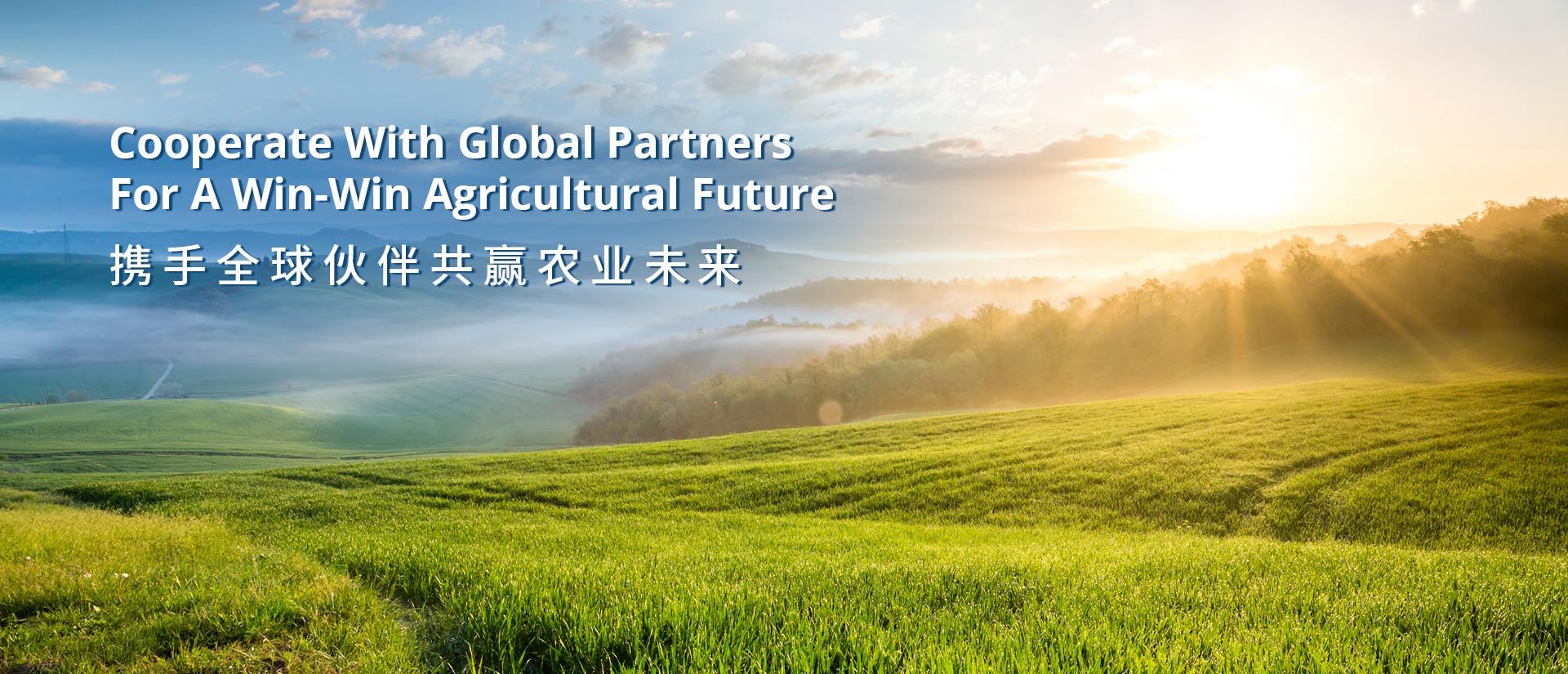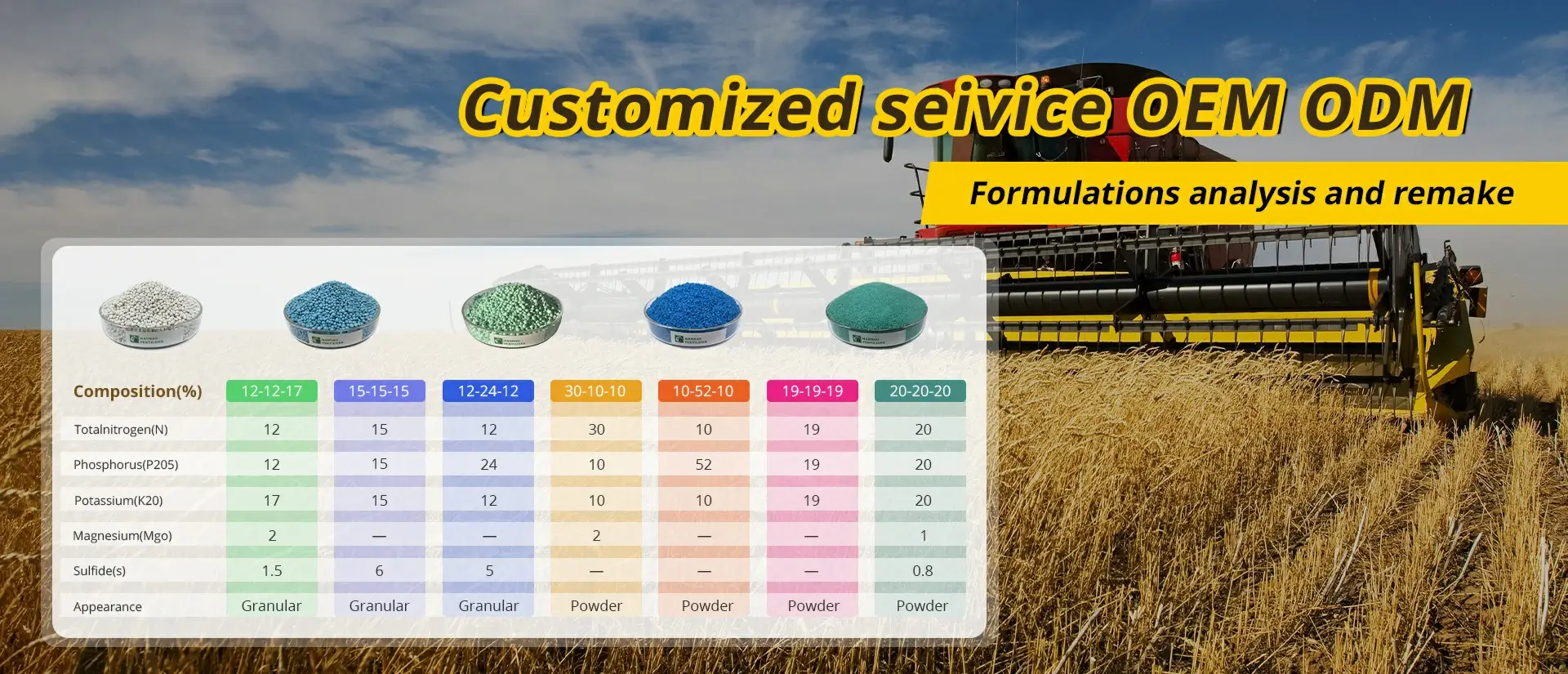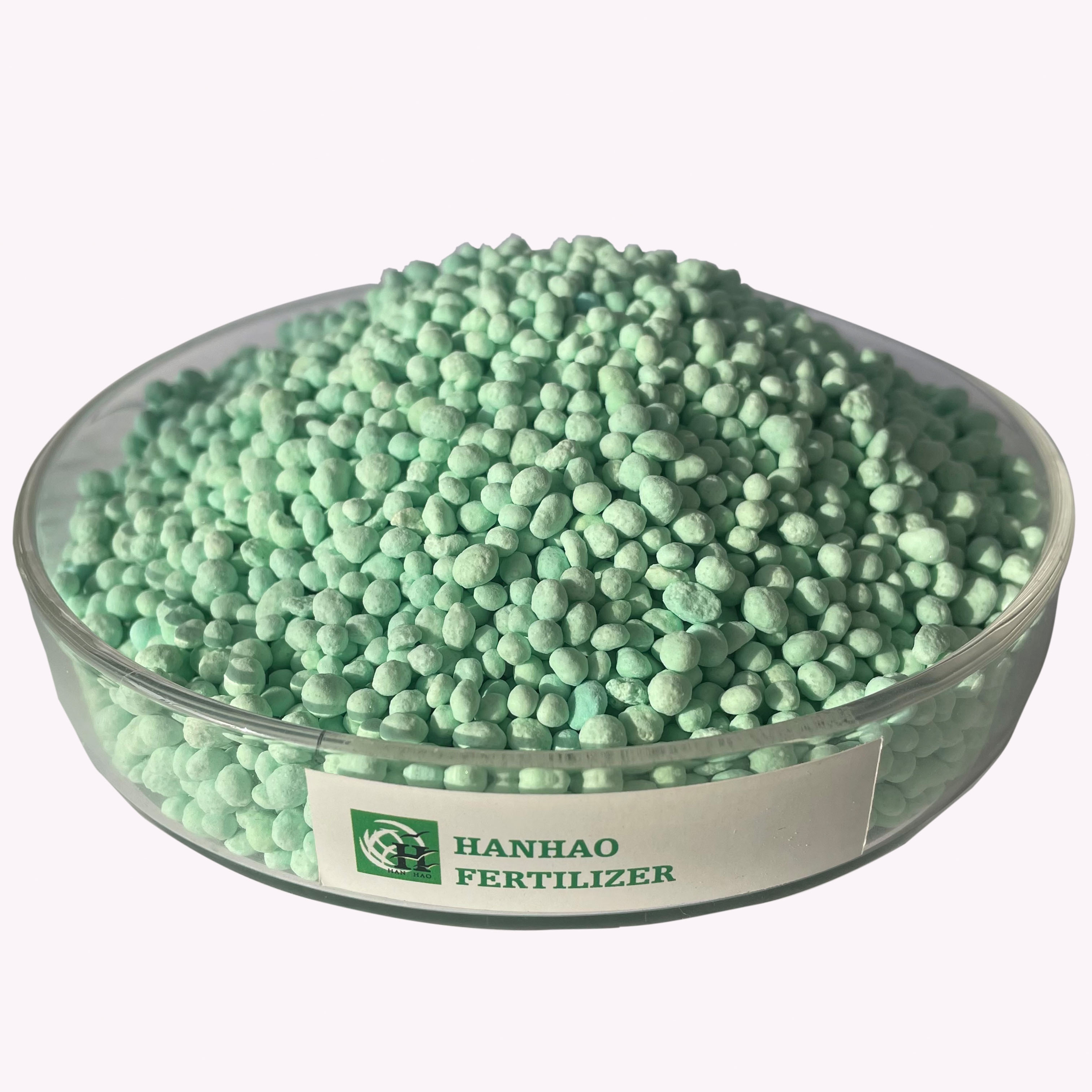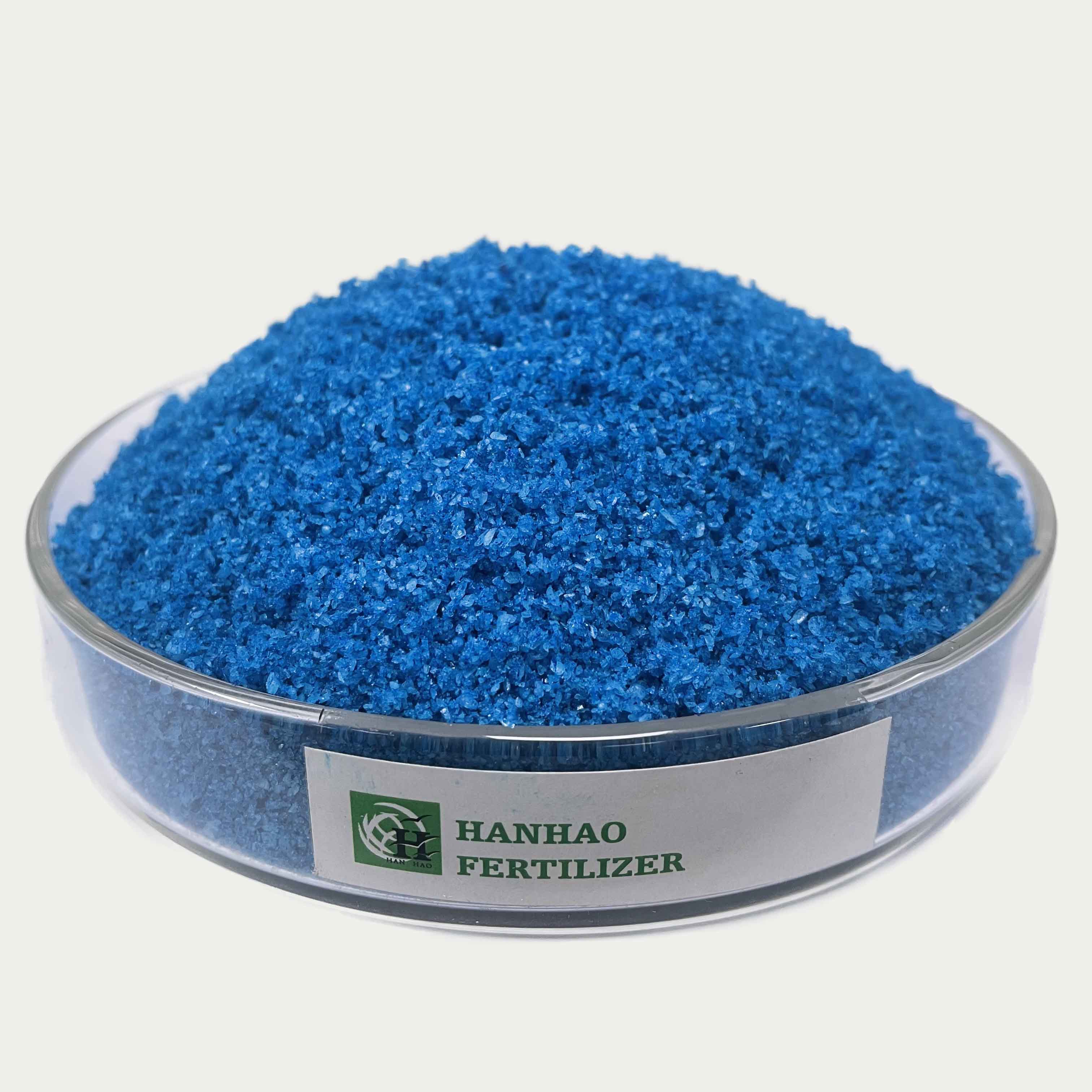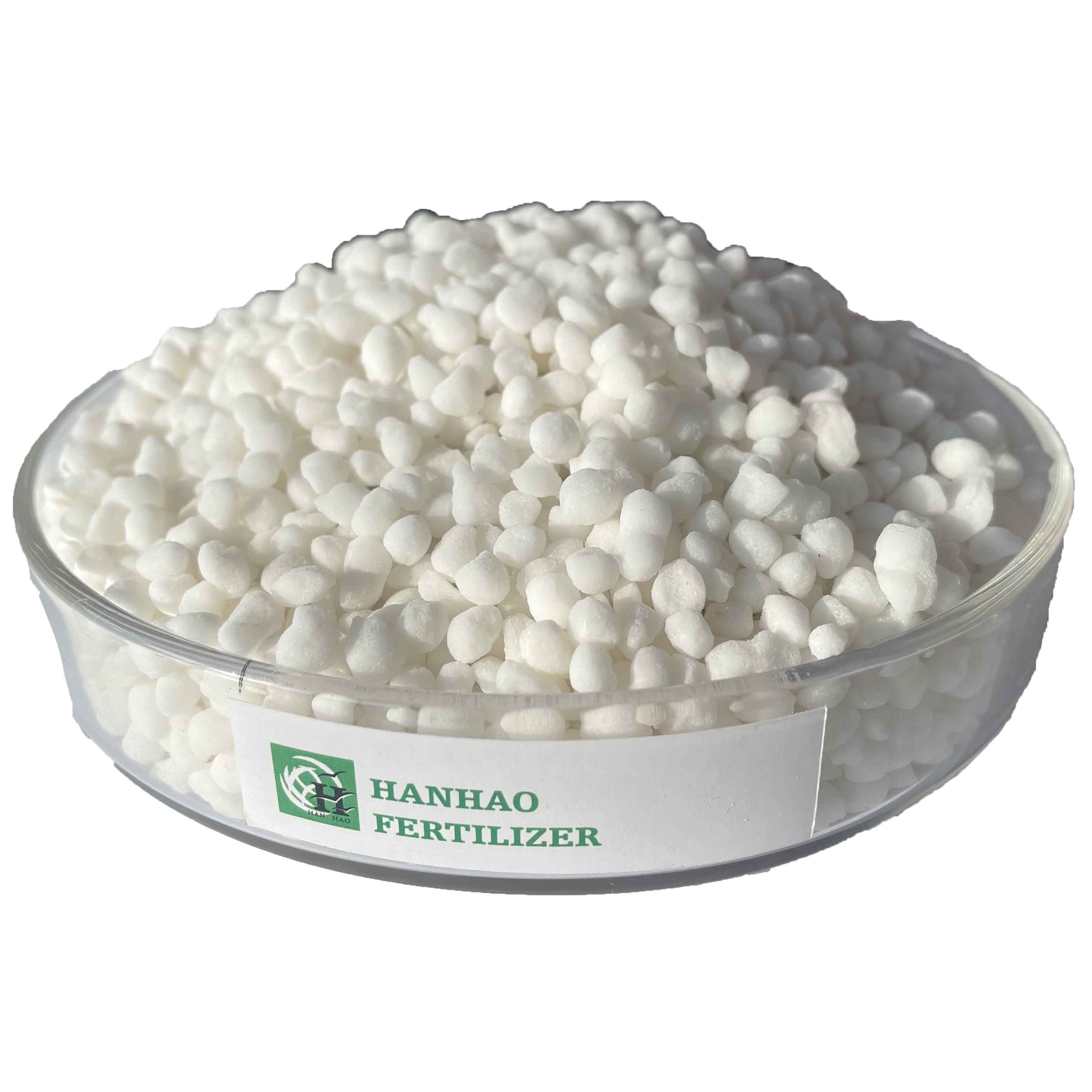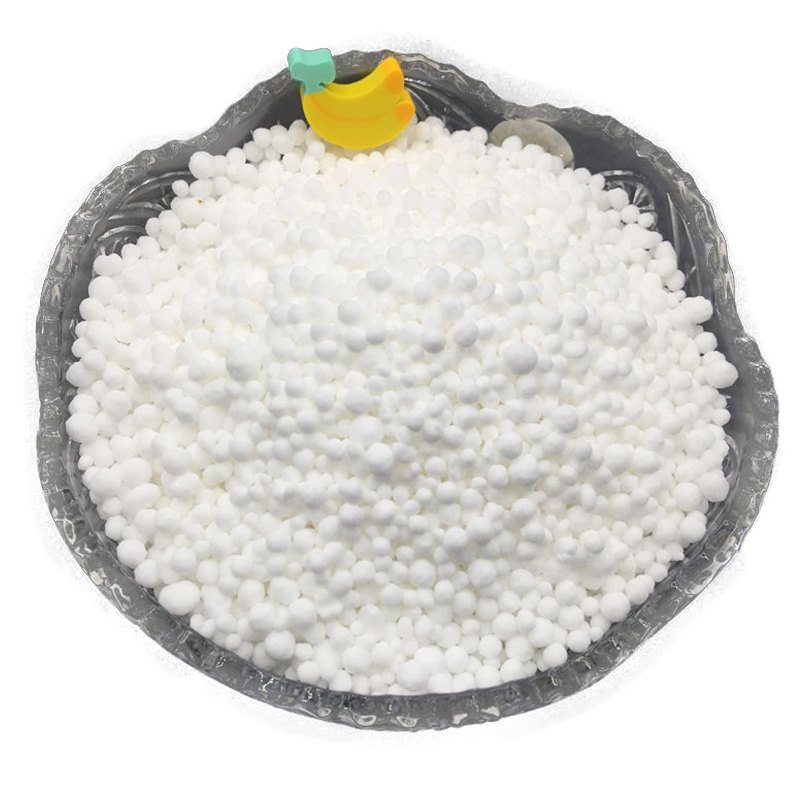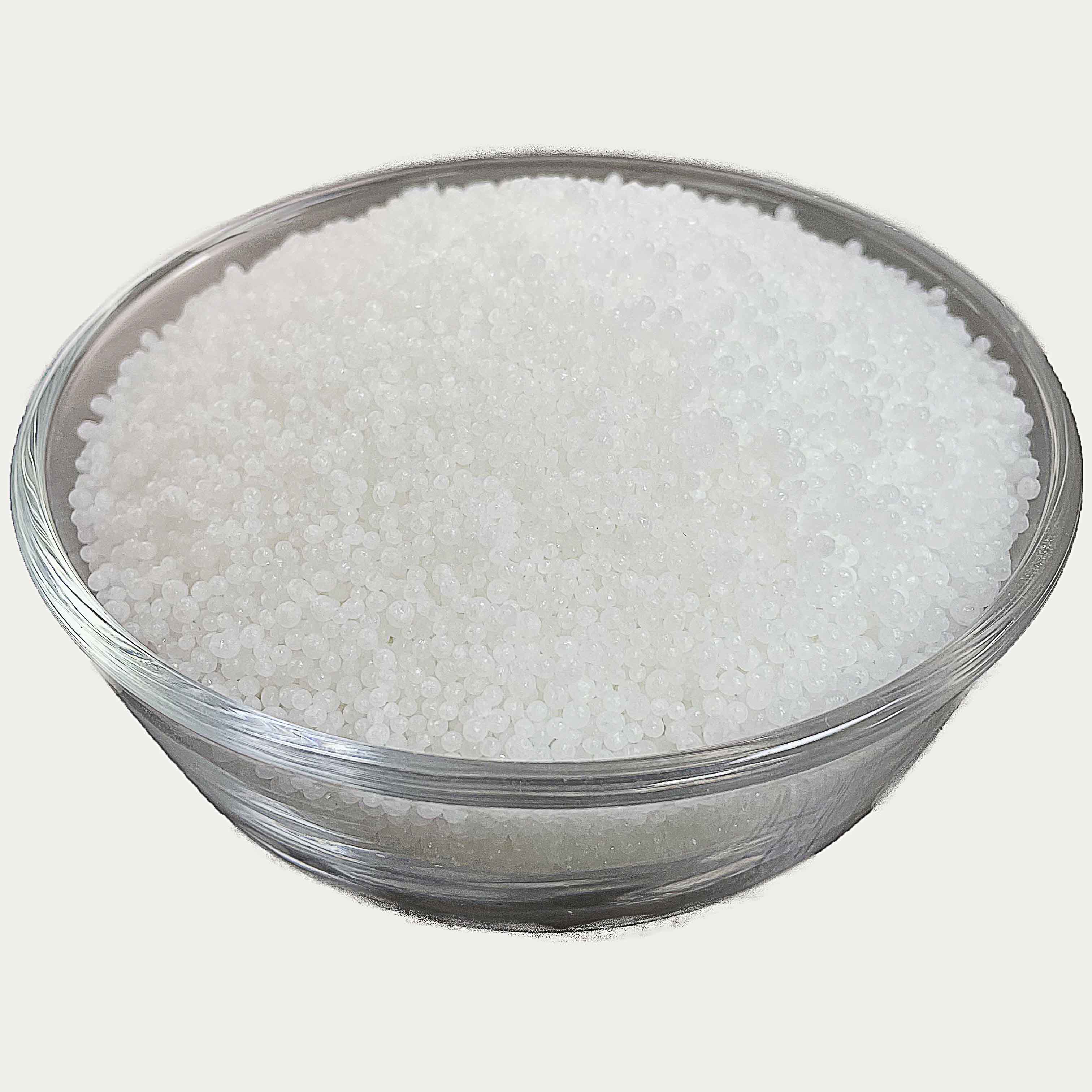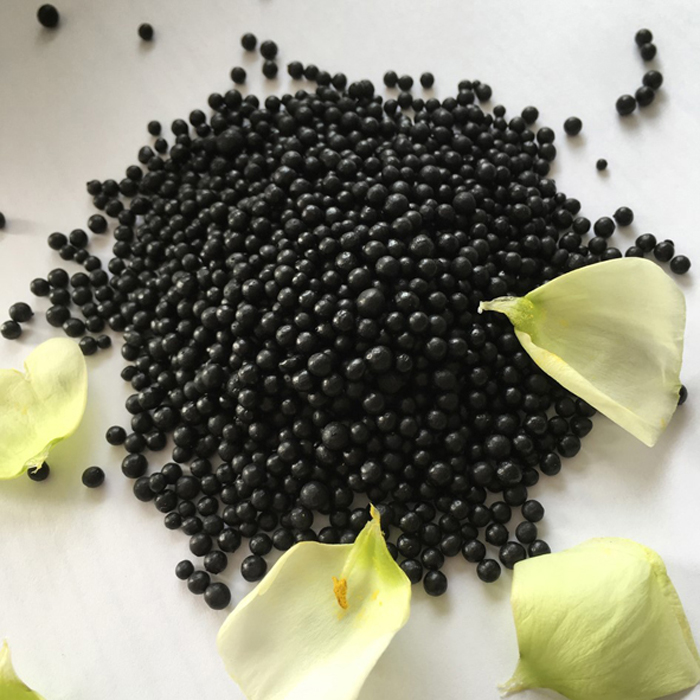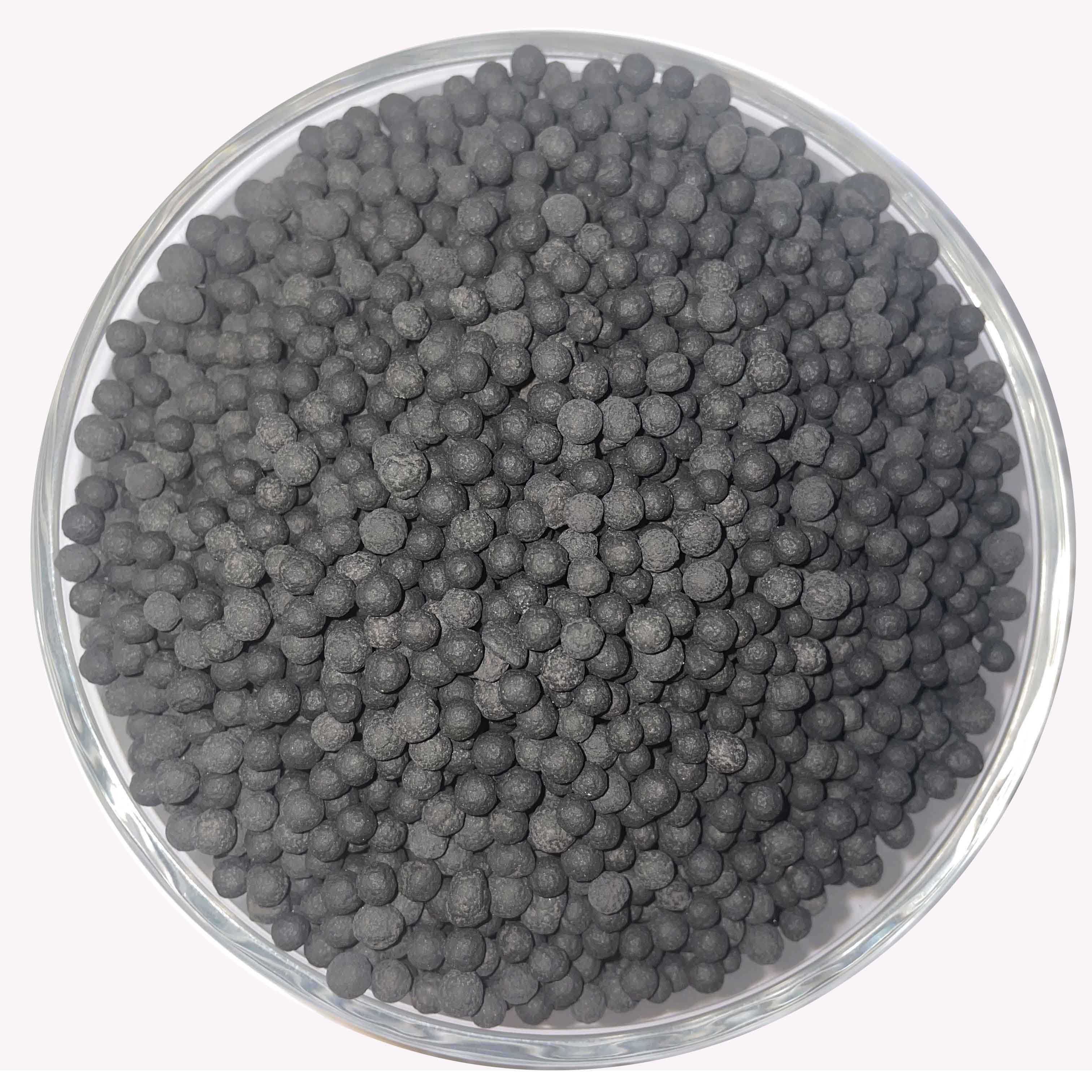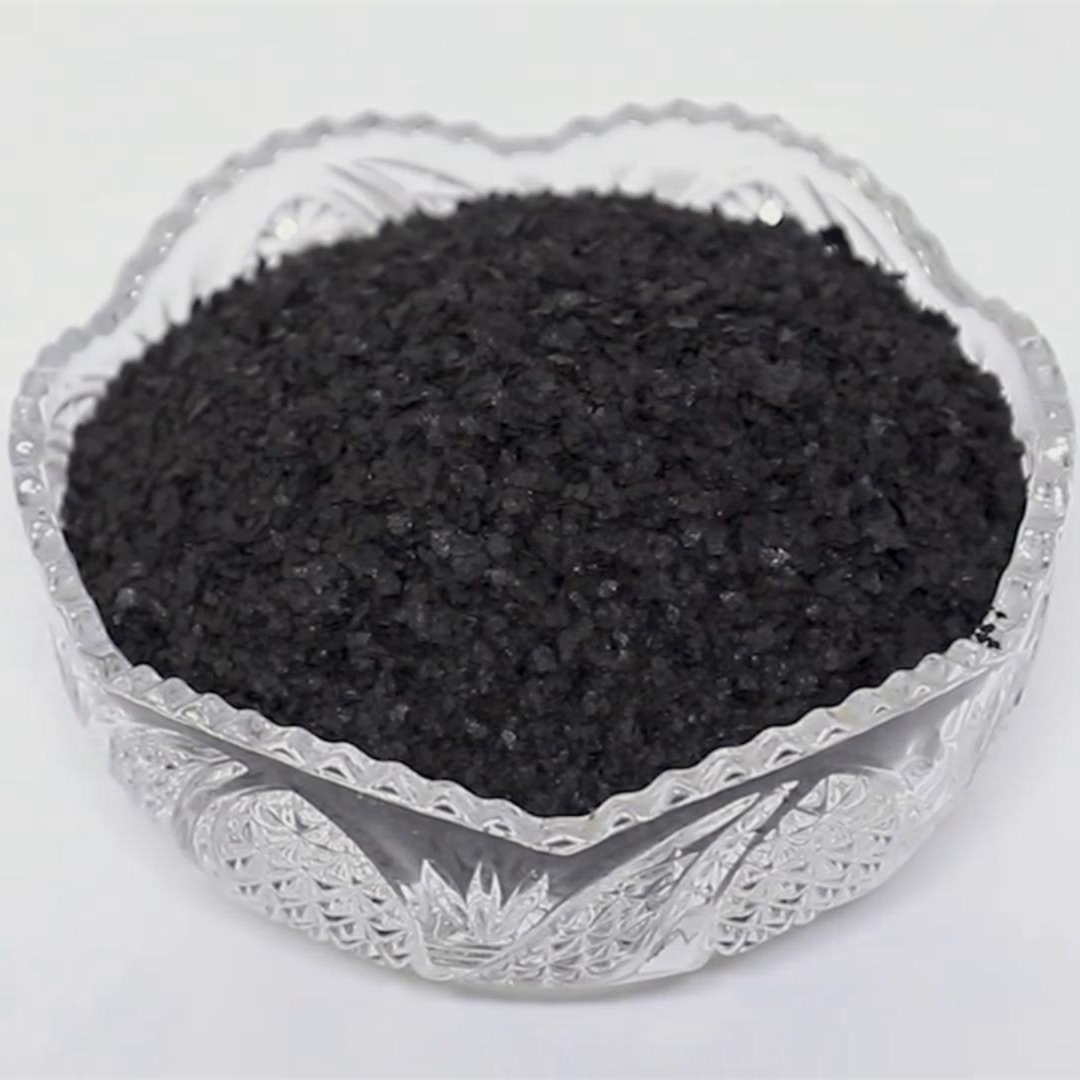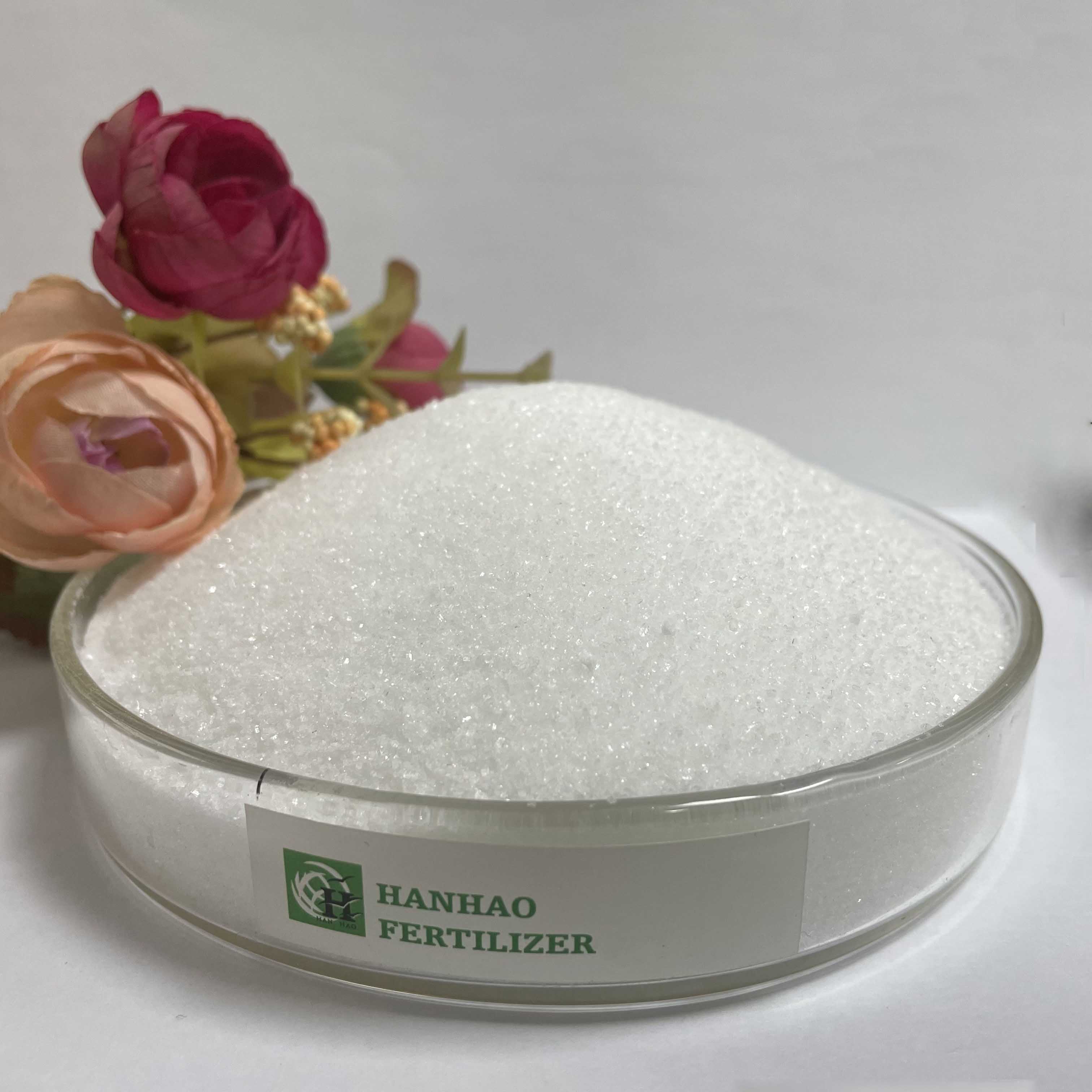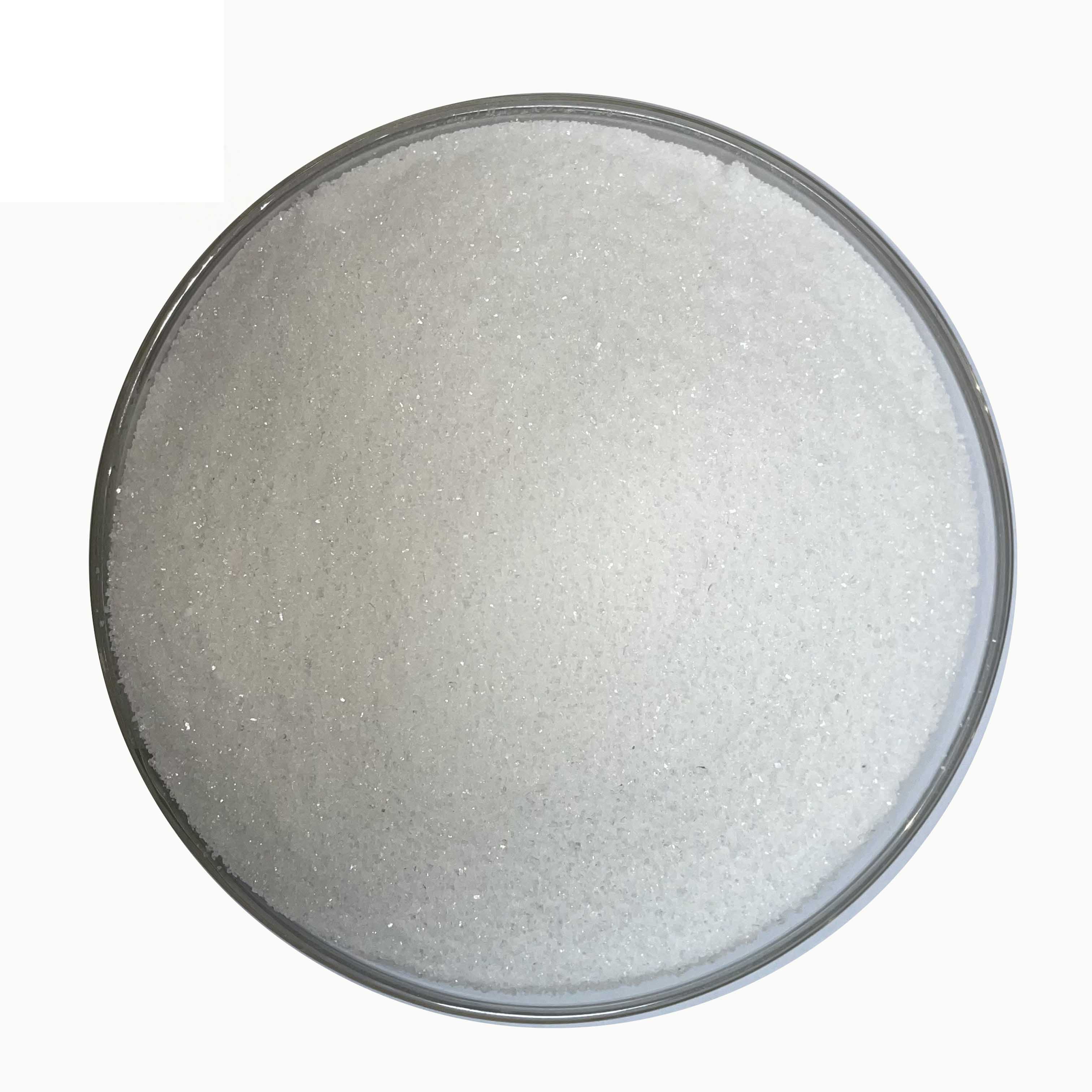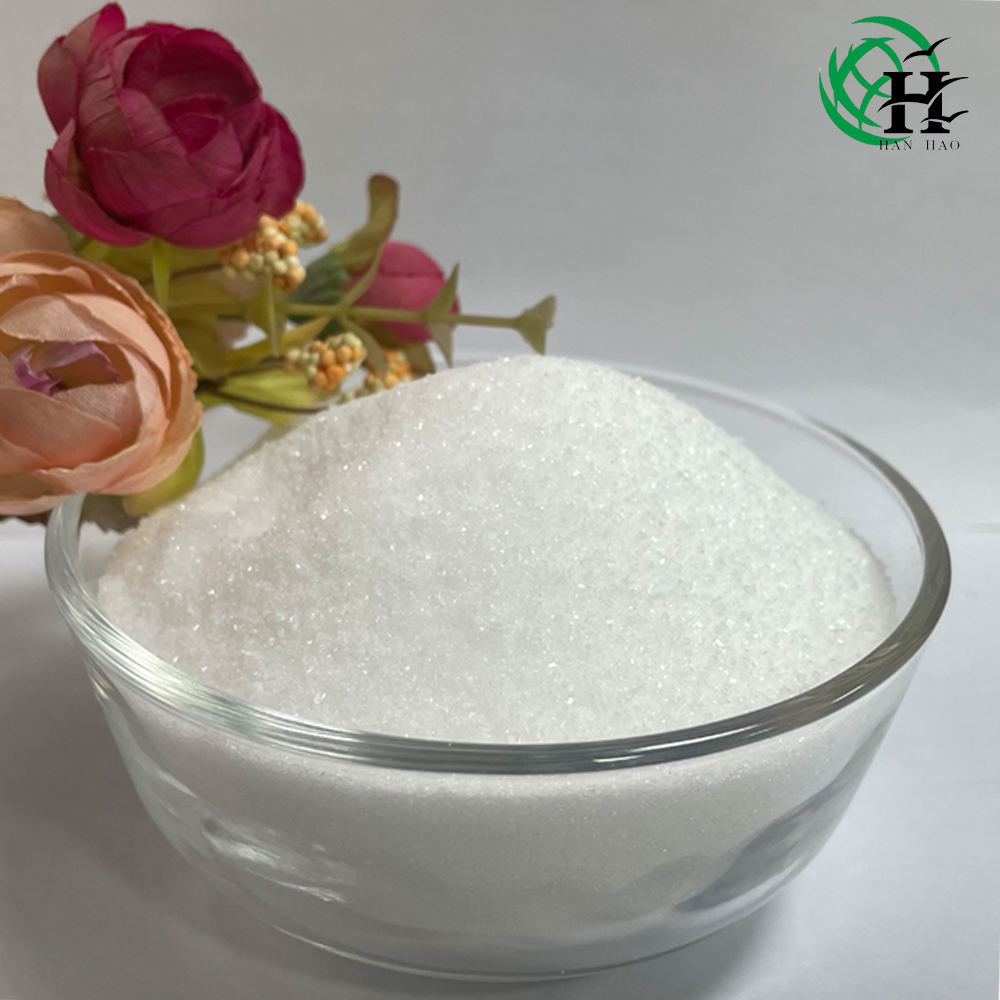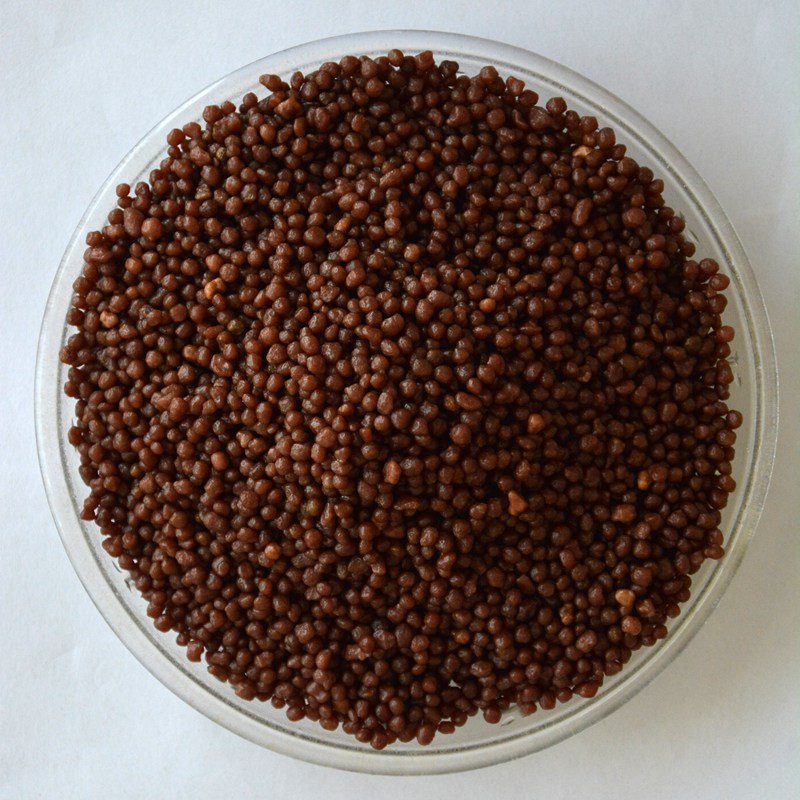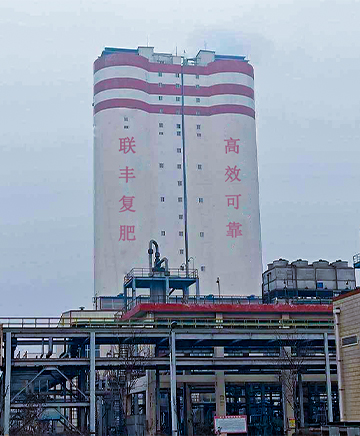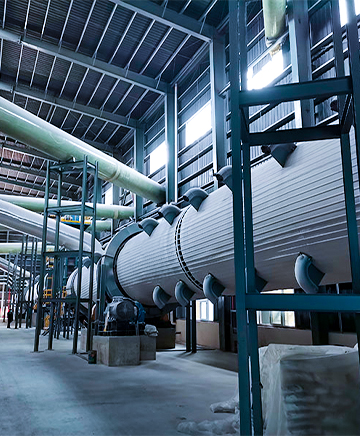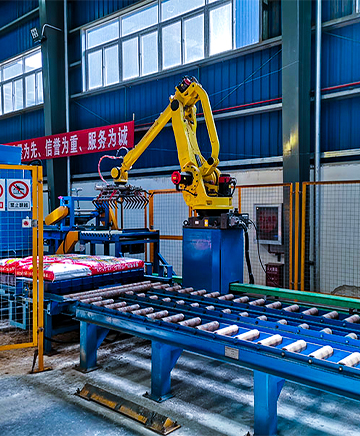we’ll ensure you
always get best
results.
contact usGO
HanHao implements the quality policy of "Customer is primacy, honesty is root, scientific management, quality and high efficiency". From the regular management of enterprise, we focus on our customers and work on the improvement of staff quality and development of the international market. We shall make great efforts to realize that "In conduct: sincere,cooperative and eager to learn; in work: meticulous, innovative and striving for excellence." We will always adhere to the honest and credible managing style, and remain the most reliable partner of customers..
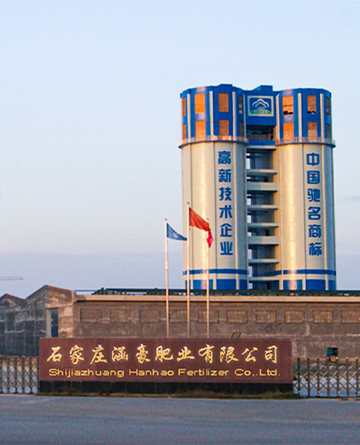
explore our main product
The total area of our factory is more than 70,000 square meters.We own three advanced automatic technique produce lines of NPK fertilizer,urea,BB fertilizer and one Multi-function test lab.The total investment is ¥150 million and annual production capacity is 600000MT.Our mainly products are NPK fertilizers,BB fertilizers,organic Fertilizers,Urea,Ammonium Sulphate,Potassium Humate,DAP,SOP etc.
we advice to choose
a right decision
- our products
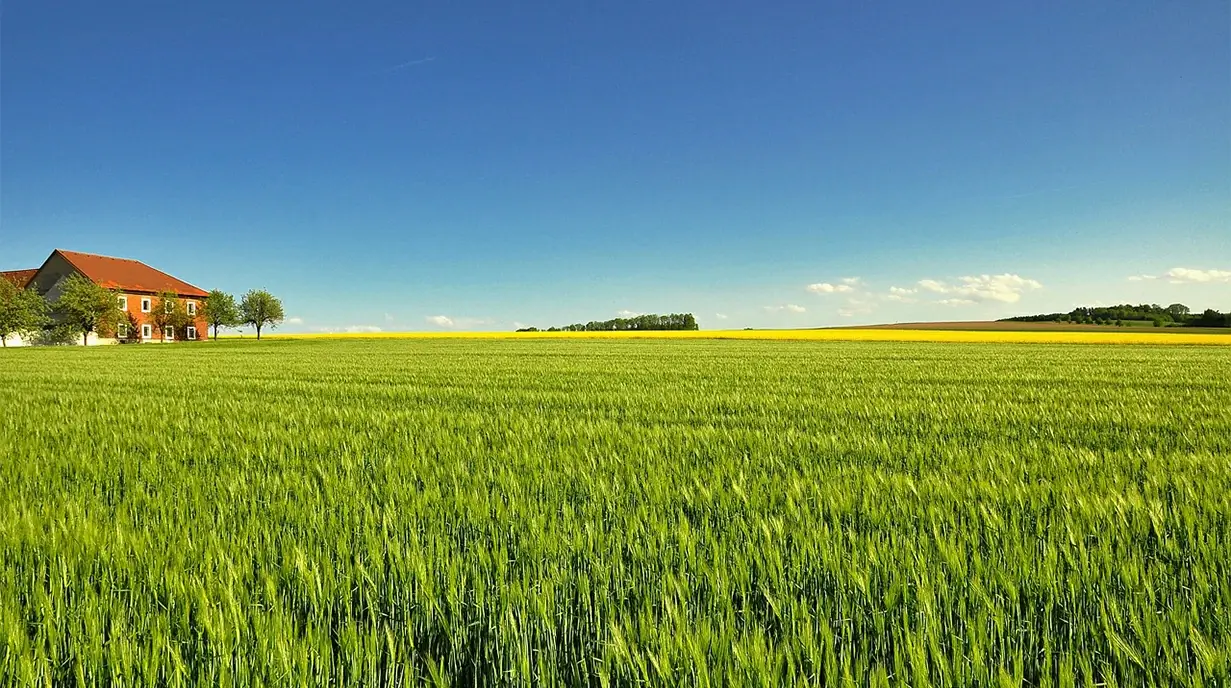
we’ll ensure you always get
best results.
-

1000 cooperative partner
-

302 Professional Staff
-

30 Years Of Experience
-

640 Suppliers
latest case studies
Inquiry for pricelist
Since its establishment, our factory has been developing first world class products with adhering the principle of quality first. Our products have gained excellent reputation in the industry and valuabletrusty among new and old customers..
submit nowlatest news & blogs
view more-
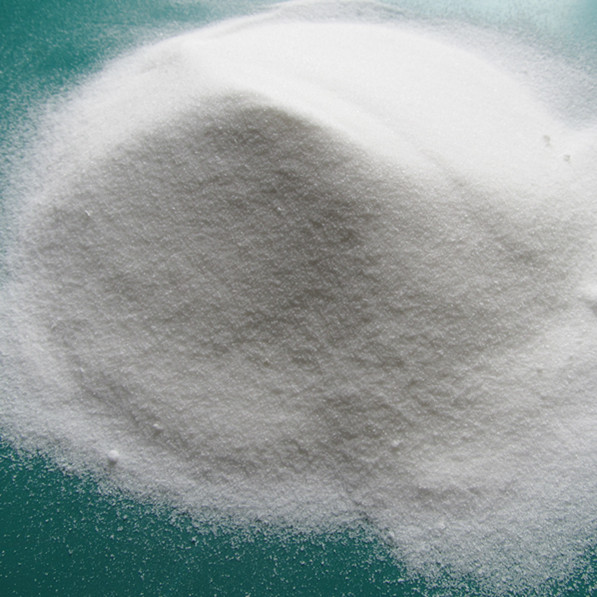
What is Potash?
Fertilizer potassium is sometimes called “potash,” a term that comes from an early production technique where potassium was leached from wood ashes and concentrated by evaporating the leachate in large iron pots (“pot-ash”). This practice is no longer practical and is not environmentally sustainable. In food production, potassium is removed from the soil in harvested crops and must be replaced in order to maintain future crop growth.Over 350 million years ago, the huge Devonian Sea was slowly drying up in the area of Central Canada and northern U.S., leaving behind concentrated salts and minerals. This process continues today in places such as the Great Salt Lake and the Dead Sea. These ancient marine salts are now recovered and used in a variety of useful ways, with the majority being used as potassium fertilizer.Read News -
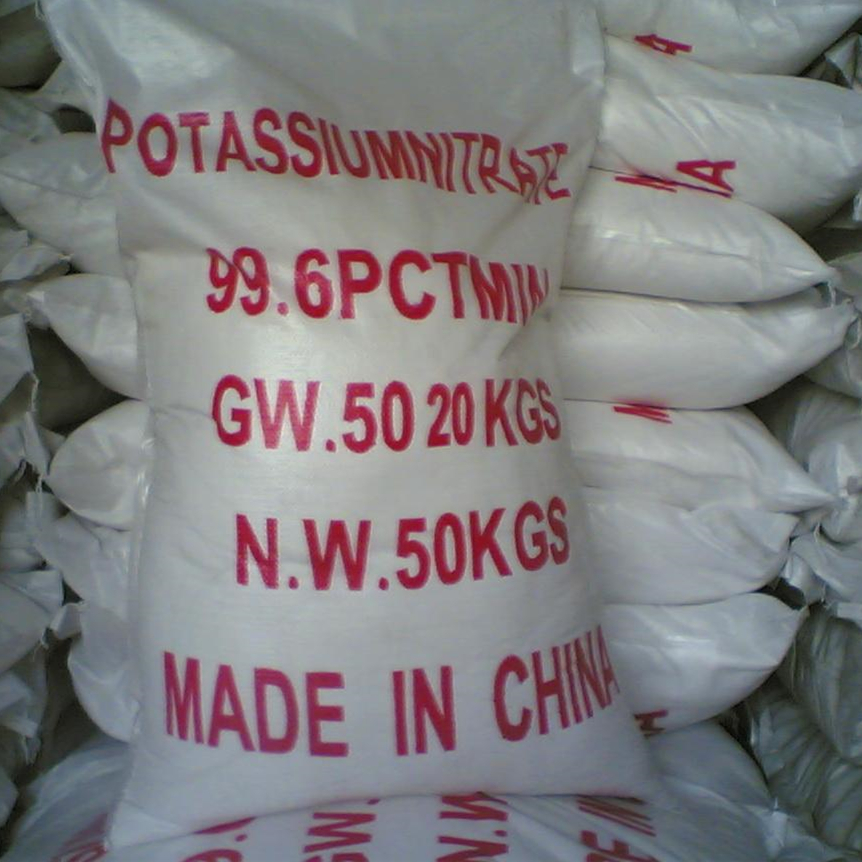
Potash Fertilizer: Is There a Problem?
In a publication brought to the public’s attention by news release from the University of Illinois several weeks ago, S.A. Khan, Richard Mulvaney and a colleague in the Department of Natural Resource and Environmental Sciences at the University of Illinois challenged a number of basic tenets of soil fertility, especially practices related to use of potassium (K) fertilizer. Citing hundreds of references and thousands of reported studies, they asserted that: K fertilizer is generally unnecessary in soils like most of those in Illinois; the soil test is not a reliable way to know how much K the soil will supply to a crop; K used as fertilizer can cause crops to have lower nutritional value; using K fertilizer can damage soil structure; and potassium chloride (KCl), which is the most commonly-used (and lowest-cost) K fertilizer material, is harmful to crops.Read News -
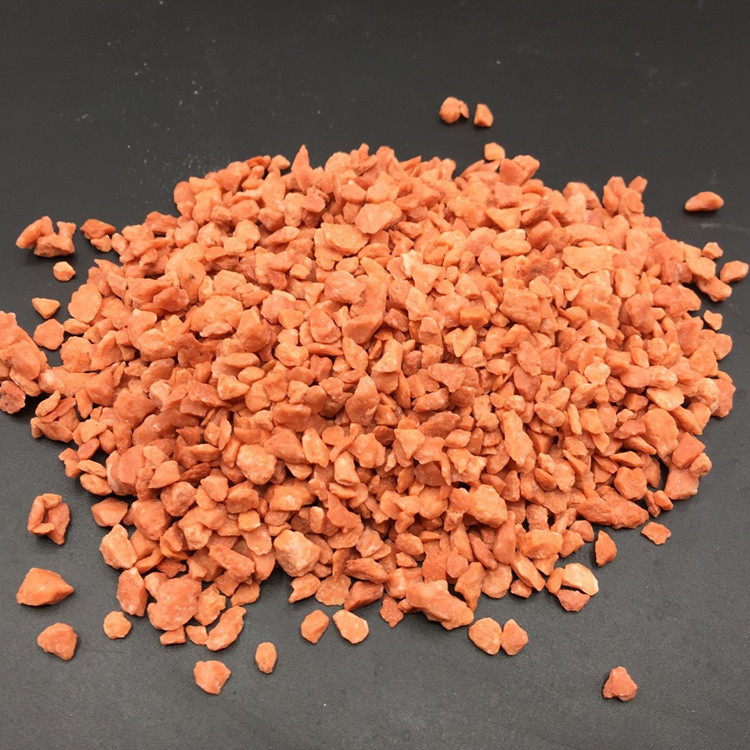
Potassium Fertilization in Crop Production
Potassium (K) is one of 17 nutrients that are essential for plant growth. Like nitrogen (N) and phosphorus, it is a macronutrient because plants require large amounts of K. Depending on the crop, the K requirement can be nearly as high as the N requirement. The following table shows the amount of K used by selected crops. Unlike most nutrients, most K is retained in the straw, or stems of crops. This means that relatively little K is removed each year with seed harvest, but large amounts of K are removed with the harvest of straw, and forage or green feed crops.Read News

